Commenting on the draft Law on Higher Education (amended) at the discussion session in groups (afternoon of October 22), Prof. Dr. Nguyen Thi Lan - Director of the Vietnam Academy of Agriculture , the National Assembly delegation of Hanoi noted that the draft has absorbed many opinions from the practice of university governance in the period 2018-2024. Thereby, contributing to meeting the requirements of renewing the governance model, improving the quality, efficiency, autonomy and self-responsibility of higher education institutions.
4 outstanding innovations
Delegates highly appreciated the outstanding innovations of the draft: Firstly, institutionalizing the spirit of Resolution 71-NQ/TW of the Politburo (Resolution 71). Accordingly, the draft concretizes the policy of strengthening the leadership role of Party organizations, abolishing public school boards (except for schools with international agreements) and moving towards the model of Party Secretary concurrently being the head of the institution - an important breakthrough to help unify and improve leadership effectiveness.
Second, clarify the principles of modern university governance. The draft clearly defines the roles between Party leadership – State management – Autonomous educational institutions, creating a more transparent, streamlined and effective legal framework.
Third, enhancing autonomy coupled with accountability. The new regulations emphasize academic, organizational, and financial autonomy coupled with discipline and transparency, contributing to improving the quality and reputation of the university system.
Fourth, innovate the appointment mechanism and responsibility of the head: The Principal and Director are identified as the person with full responsibility, the sole legal representative, in accordance with the requirements of centralized administration and power control.

6 points need to be added to complete the draft law
To improve the draft law, Prof. Dr. Nguyen Thi Lan suggested: Firstly, adding clearer regulations on the model of "Party Party Secretary and Head of Public Higher Education Institution" in the spirit of Resolution 71 to create an important breakthrough to help unify and improve leadership effectiveness, the Secretary - Principal must take full responsibility before the Party, the State and the law. Clearly defining in legal documents will help unify awareness and ensure feasibility when implementing.
In addition, it is necessary to specify the inspection, supervision, and accountability mechanisms of the head. Along with the concentration of power, there should be an internal supervision and independent audit mechanism to ensure publicity, transparency, and avoid the risk of abuse of power or laxity of responsibility.
Along with that, clarify the transition roadmap for public educational institutions operating under the current School Council model. Specific guidance is needed for schools to convert their organizational, personnel, and financial models in a reasonable manner, without disrupting operations and ensuring the legitimate rights of relevant parties.
Second, it is recommended that the Drafting Committee review the provisions on Regional Universities in Articles 11 and 12 of the Draft. According to legislative principles, the law needs to be universal, stable in the long term and applicable to the entire system, so it should not be specifically regulated for a specific model such as "Regional Universities", especially when currently the whole country has only three units operating under this model.
Specifying in the law may reduce the generality and flexibility of the legal document when it is implemented later. It is recommended that the Drafting Committee consider transferring the content on "Regional University" to a sub-law document (such as a decree or guiding circular) to ensure flexibility, in line with the roadmap for arranging the higher education system, while keeping the Law with a wider and more stable scope of regulation.
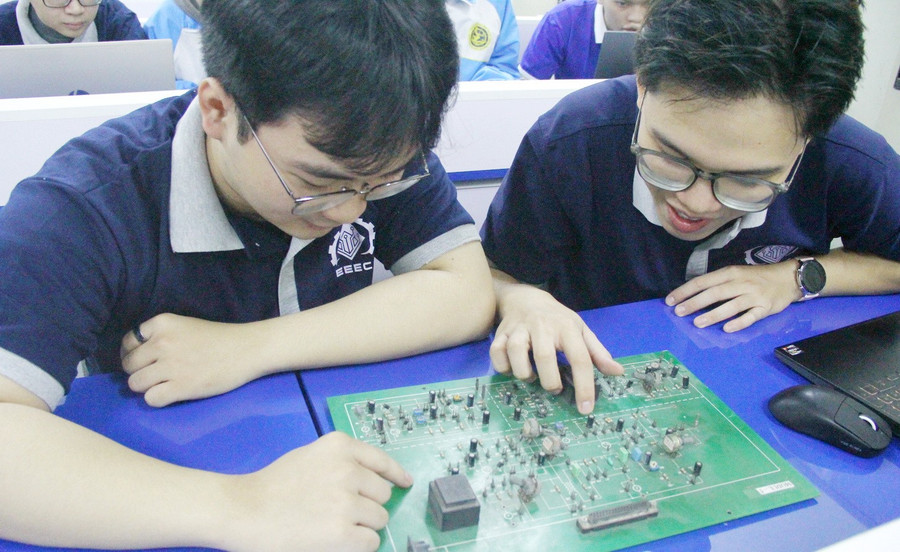
Third, to ensure consistency and synchronization with Law No. 93/2025/QH15 on Science, Technology and Innovation (effective from October 1, 2025), the drafting committee is requested to consider and supplement a number of points:
Firstly, Article 15 (Organizational structure of higher education institutions): It is proposed to add the phrase “science and technology enterprises” at Point h, Clause 1, because the Law on Science, Technology and Innovation 2025 clearly stipulates this type of enterprise. The addition will create a legal basis for universities to establish or participate in science and technology enterprises, promote the commercialization of research results and develop an innovation ecosystem in schools.
Second, Article 27 (Science, technology and innovation activities). The current content does not fully reflect domestic and international cooperation in science and technology. It is recommended to add a new point: "Domestic and international cooperation in science, technology and innovation; registration, protection and exploitation of intellectual property". This addition helps the law accurately reflect the practice of cooperation, technology transfer and international integration of higher education institutions.
Third , regarding Article 28 (Development of scientific, technological and innovation potential): It is proposed to add the phrase "science and technology, innovation models" at Point d, Clause 2, to expand the scope of infrastructure investment, including greenhouses, greenhouses, experimental workshops, innovation centers, high-tech application models... This regulation will help higher education institutions have a legal basis to invest and effectively implement research activities, transfer and commercialization of scientific and technological products.
Fourth, the regulation that the Scientific and Training Council includes "enterprises, employers, alumni, local authorities" is not appropriate. These groups should participate in the Independent Advisory Board established by the Director/Principal to provide feedback and connect with practice. It should be clarified that the composition of enterprises, employers, alumni, and local authorities is only encouraged and flexible, and is not required to be an official member of the Scientific Council - where expertise and academic strategy need to be focused.
In addition, it is proposed to add in item b, clause 1, Article 31: "Universities with institutes and research centers are allowed to recruit and recognize the professional title of researcher".
Fifth, it is recommended that the Drafting Committee consider removing the provision that "the direct management agency appoints the Vice President of a public university" in Clause 2, Article 16. It should be assigned to the head to select the deputy in a public university, ensuring objectivity, transparency, and efficiency according to the internal regulations of the university and reporting the results to the Ministry in charge.
Sixth, the draft Law on Higher Education (amended) has many framework provisions, which are assigned to the Government or the Ministry of Education and Training to specify in detail (estimated at about 18 articles). This design helps increase flexibility, allowing for timely adjustments according to practice, especially in specialized fields such as finance, quality control, science and technology and international cooperation.
However, assigning too much content to sub-law documents can reduce the transparency, stability and predictability of the law, forcing higher education institutions to wait for instructions, affecting the progress of implementation.
Therefore, it is recommended that the Drafting Committee review and retain in the law the contents of principles, basic rights and obligations, and only assign the Government and the Ministry of Education and Training to specify technical issues in detail.

After the law is promulgated, delegate Nguyen Thi Lan requested the Government and the Ministry of Education and Training to promptly develop and promulgate complete decrees and circulars guiding its implementation, so that the law can be put into effect immediately, without disrupting the operations of universities.
Source: https://giaoducthoidai.vn/du-thao-luat-giao-duc-dai-hoc-sua-doi-the-hien-tu-duy-doi-moi-manh-me-post753620.html












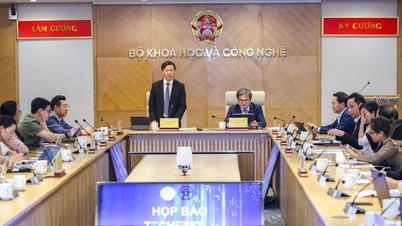
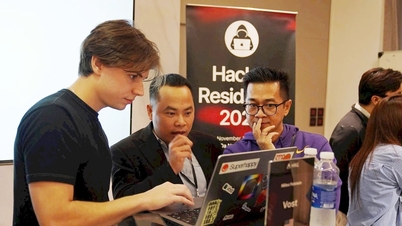

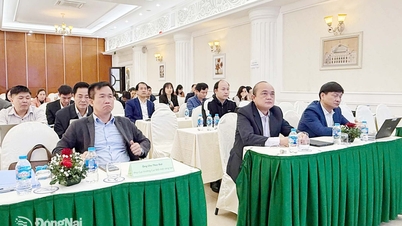

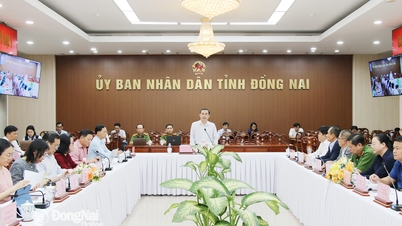
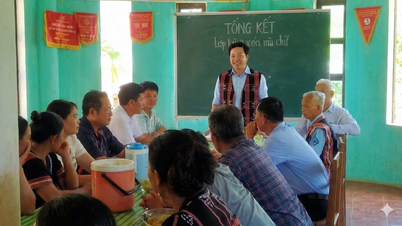
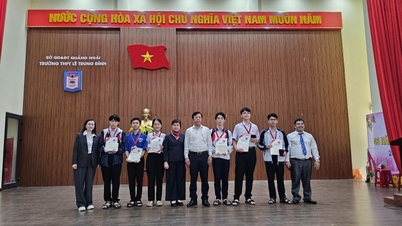



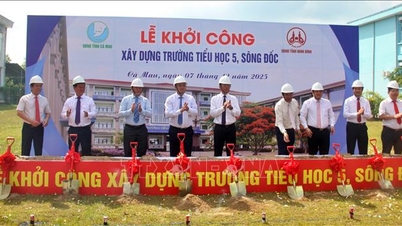
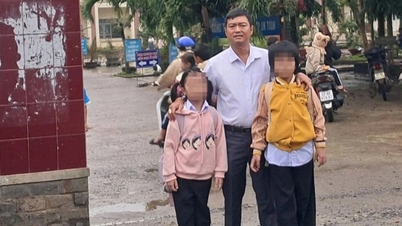

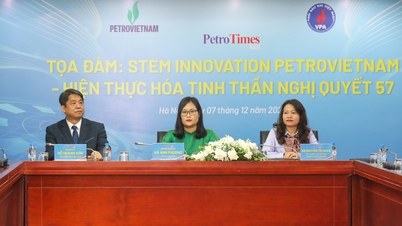







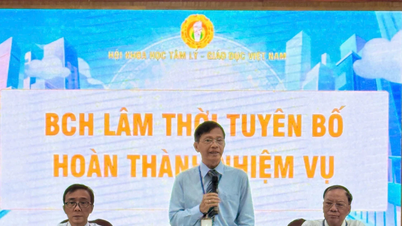
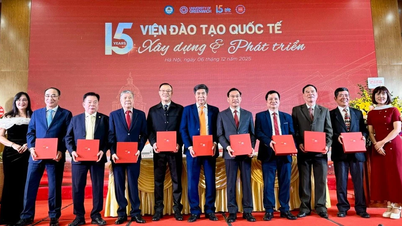
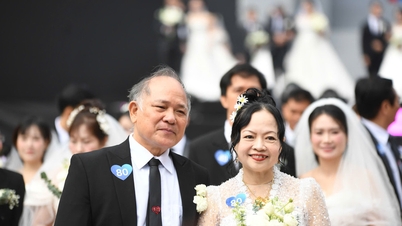
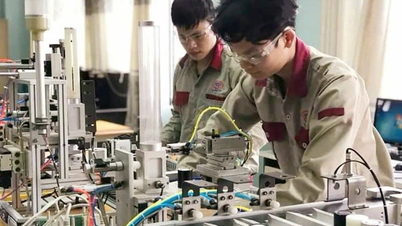
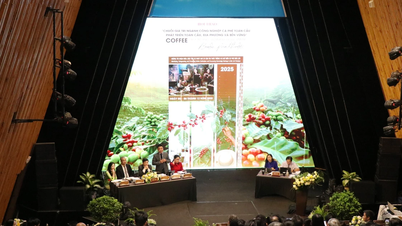








































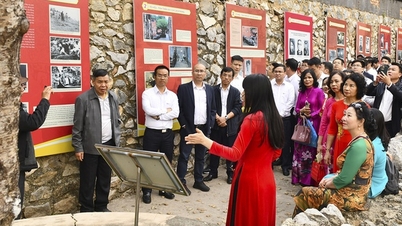



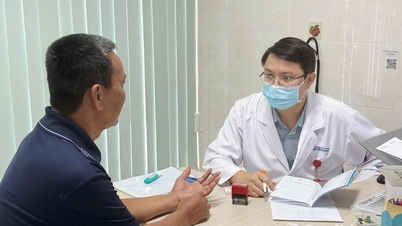
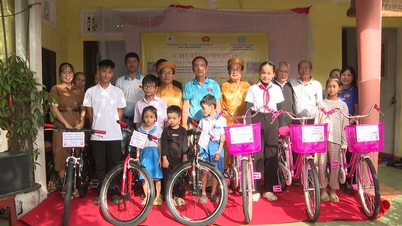
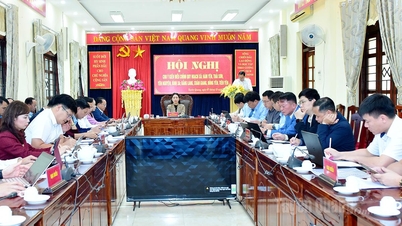

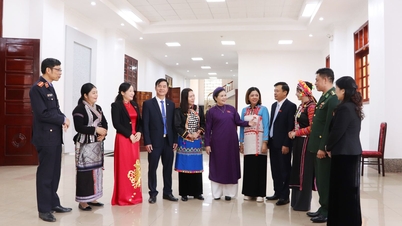




















Comment (0)